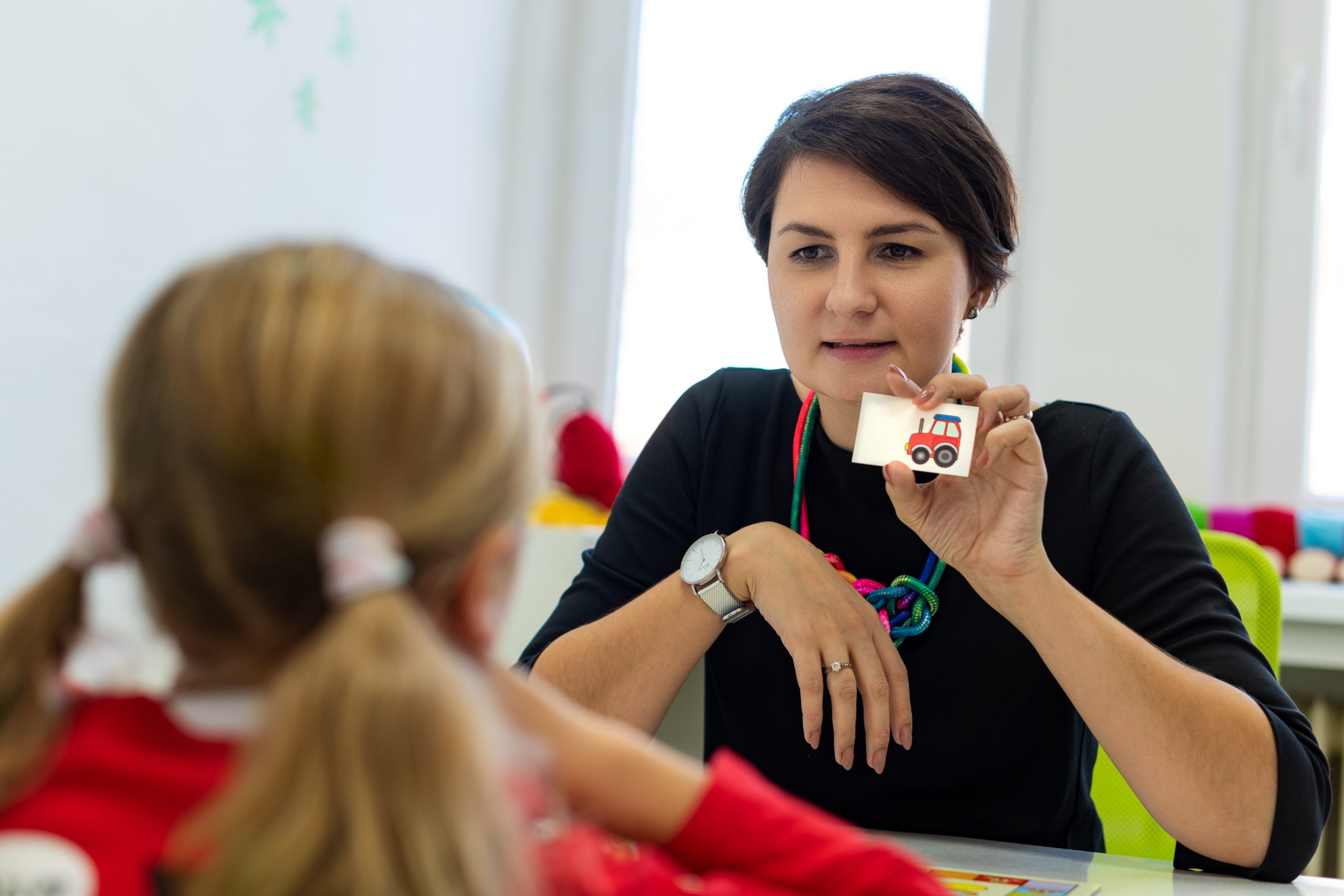

Learning support specialists like speech language therapists are "unrealistic" for rural schools to access, says NZEI Te Riu Roa. Image: AdobeStock by andreaobzerova
The offer was put to vote and accepted by the specialist learning support workers on August 2.
Read the Term 3 edition of School News HERE
Lead negotiator for the Ministry of Education field staff Conor Fraser, said: “through our strike action we’ve made some gains around pay and salary progressions, but we still need to see changes around workload as well as a review of te ao Māori and tikanga provisions. We’re establishing working groups for all these outstanding issues.
“The work we do with tamariki with diverse needs is highly specialised and the call for our services keeps growing. Our workloads remain high and we need more experienced staff in our sector to make it sustainable. This can be addressed by investing in quality public learning support services.”
The ban began on July 24 and was originally scheduled to end on August 25. The work ban included a pause on taking on new cases, and a provision that “all types of work” only be undertaken between the hours of 8:30 am to 4:30 pm each day.
Speaking at the time, Fraser said that “the work ban sends an urgent message to the Ministry that it needs to address excessive caseloads and the severe shortage of specialist staff in Learning Support, both of which impact negatively on the tamariki we work with.”
According to the Highest Needs Review, a cabinet paper considered in November 2022 and proactively released later that month by the Ministry of Education, “there are still students who are not getting the support they need, and services are being rationed.”
The lack of learning support has been an issue in the education system for years, with RNZ reporting in 2019 that average wait-times for learning support had reached 80 days, or over two months by the end of 2018.
At the time of the report, Mandy Culston, head of Wellington’s Whānau Manaaki Kindergarten Association said that the services were “chronically underfunded” meaning “hundreds of children are going to school with significant developmental delays of learning needs.”
A new report from the University of Auckland’s Our Voices Project asks young people what…
The government has opened a tender for new standardised assessment tests, leaving educators shocked and…
Early in her career, Kiri Turketo found inspiration in an unlikely source. In this Principal…
Real stories of dedication, challenges, and triumphs from educators in NZ. Part six comes from…
Is fast furniture impacting your school's environmental footprint? We explore eco-friendly solutions to reduce furniture…
A new report from the New Zealand Initiative argues we need a stronger and clearer…
This website uses cookies.